If you examine the leaves of the snowbush (Breynia nivosa), you might spot a striking yellow caterpillar adorned with black stripes, feeding on its foliage. This caterpillar is the larval form of the white-topped black moth (Melanchroia chephise), a member of the Geometridae family, often referred to as “inchworms” or “spanworms” due to their characteristic looping movement.
The White-topped Black Moth (Melanchroia chephise) and Its Relationship with the Snowbush (Breynia nivosa)
Unlike most moths, which are primarily nocturnal, the white-topped black moth is an unusual daytime flyer. As adults, they have a wingspan of slightly over an inch, with velvety, dark navy-blue to black wings tipped in white on all four wings. The thorax is a vibrant orange, making them easily identifiable.
When laying eggs, this species is highly selective about its chosen host plants. The snowbush (Breynia nivosa) is the preferred plant for egg-laying, but the moth can also utilize other plants like the Otaheite gooseberry (Phyllanthus acidus), snow-on-the-mountain (Euphorbia marginata), and potentially the white sapote (Casimiroa edulis). Once the eggs hatch, the caterpillars emerge as voracious feeders, quickly consuming the leaves of the host plant.
While the caterpillars primarily feed on the leaves, if the leaf supply runs low, they may feed on the twigs and bark of the snowbush. Although this can cause significant defoliation, healthy snowbush plants are usually resilient and can recover from moderate caterpillar damage. However, in cases where the caterpillar population is high, and there are few natural predators, excessive feeding could lead to serious harm or even the death of the plant.
No intervention is necessary for those who appreciate the beauty and uniqueness of the moth and its caterpillar. However, if defoliation is a concern and the aesthetic of the snowbush is important, controlling the caterpillar population is essential. To manage infestations, regularly inspect the undersides of snowbush leaves for salmon-pink eggs, which can be manually removed and destroyed. 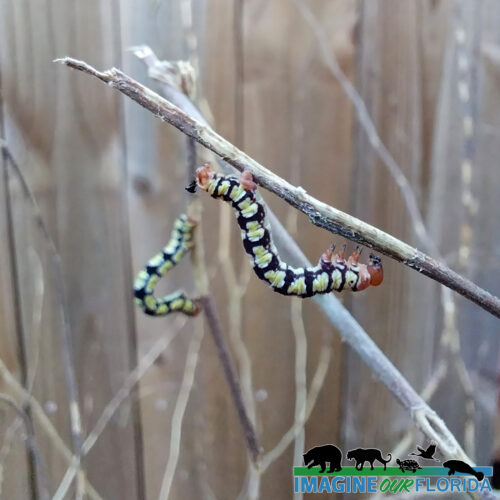
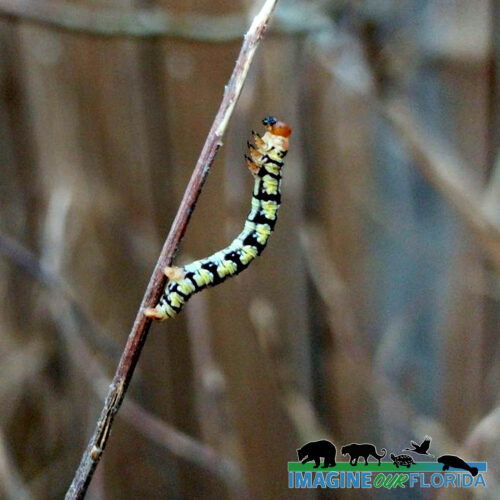



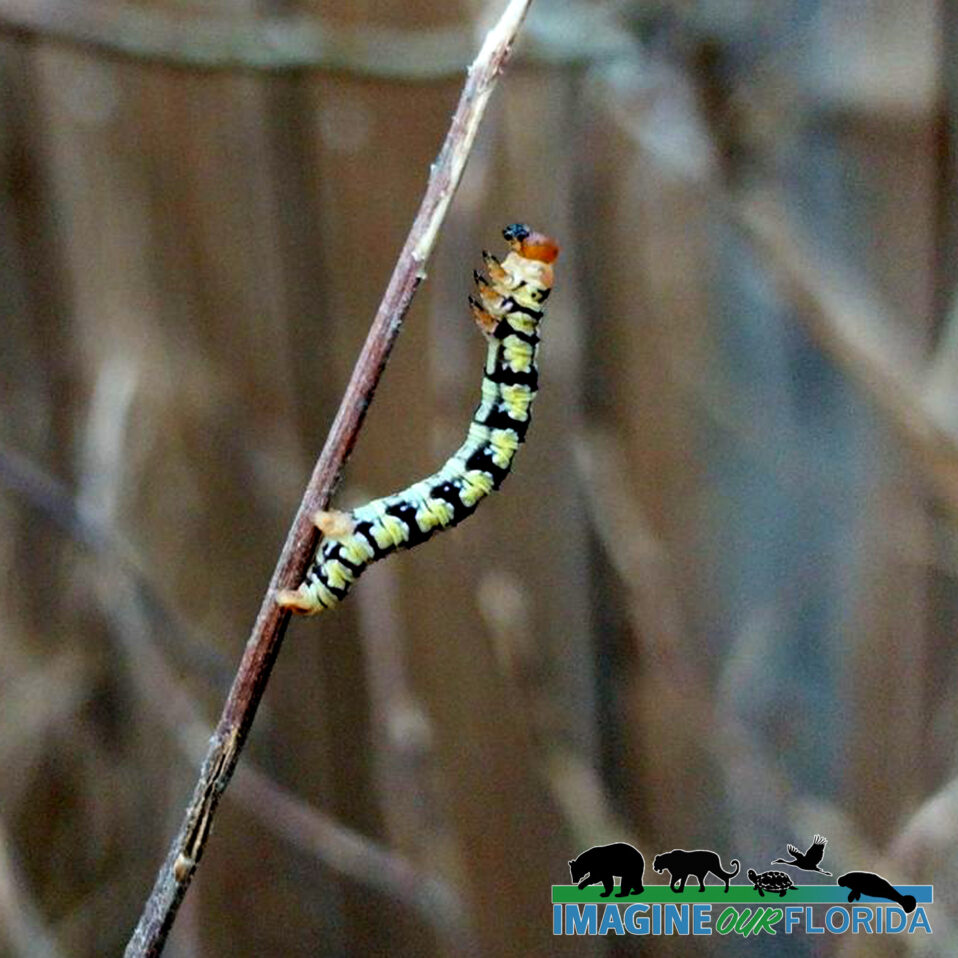
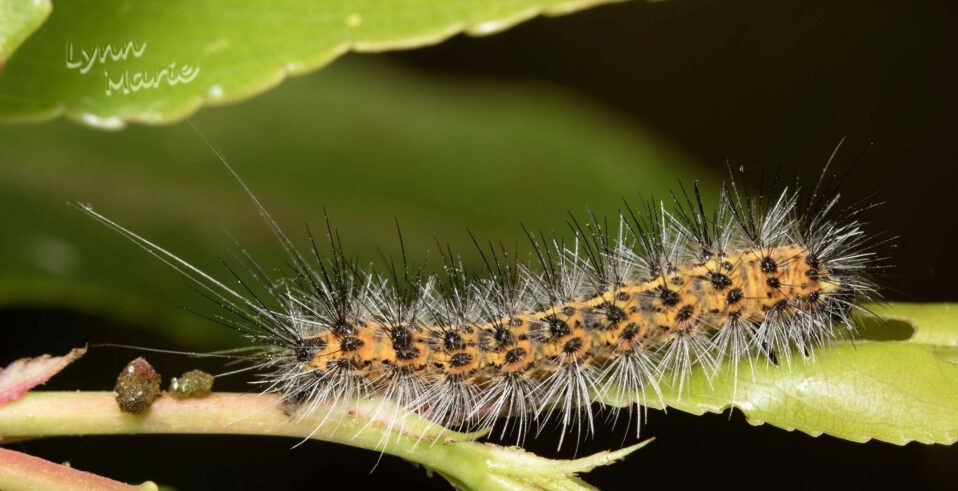
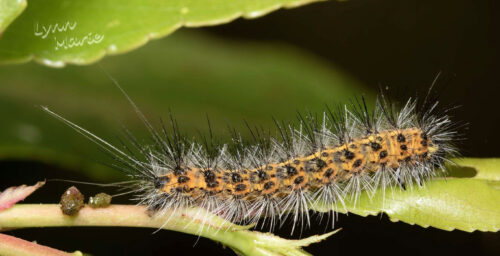
Recent Comments